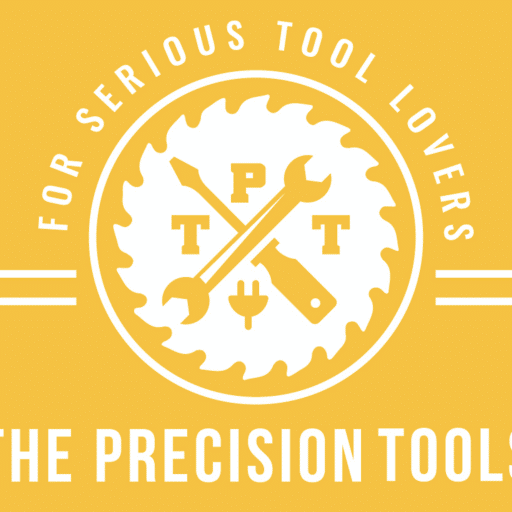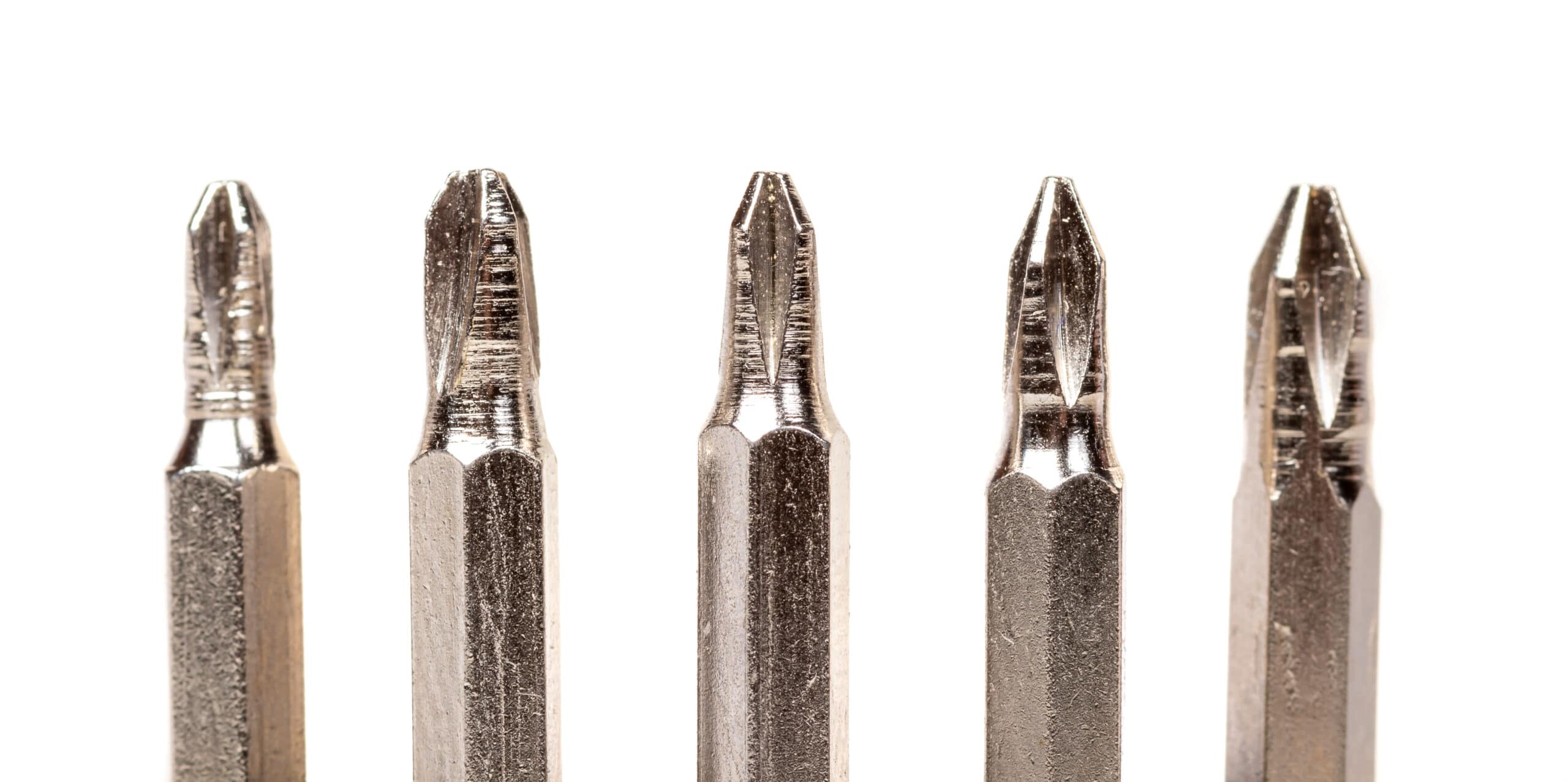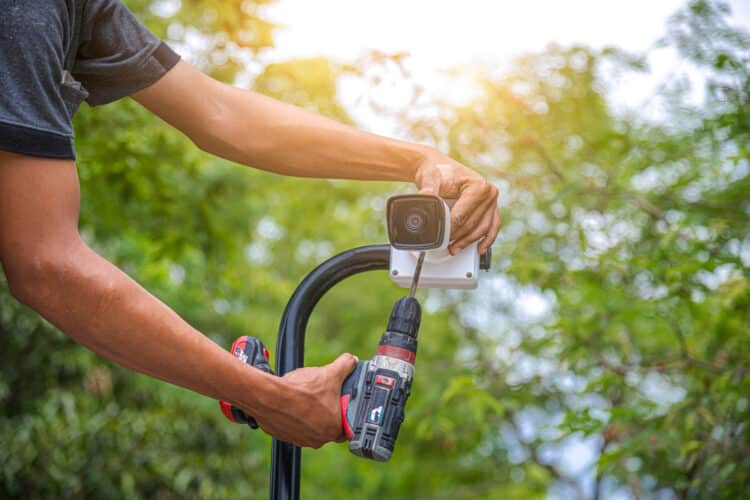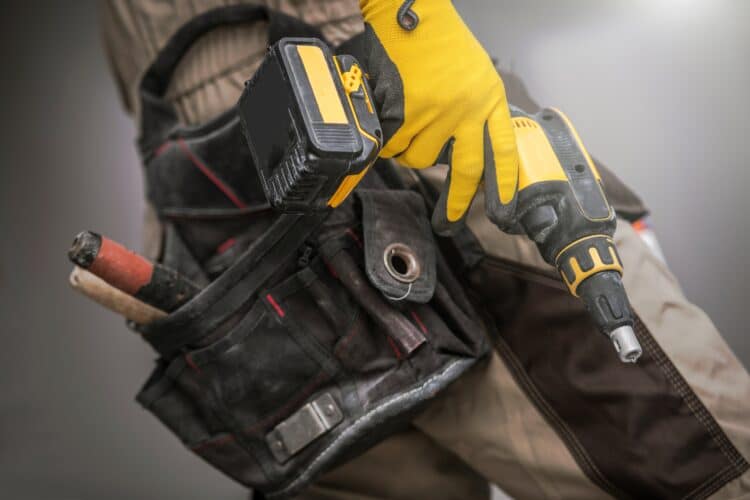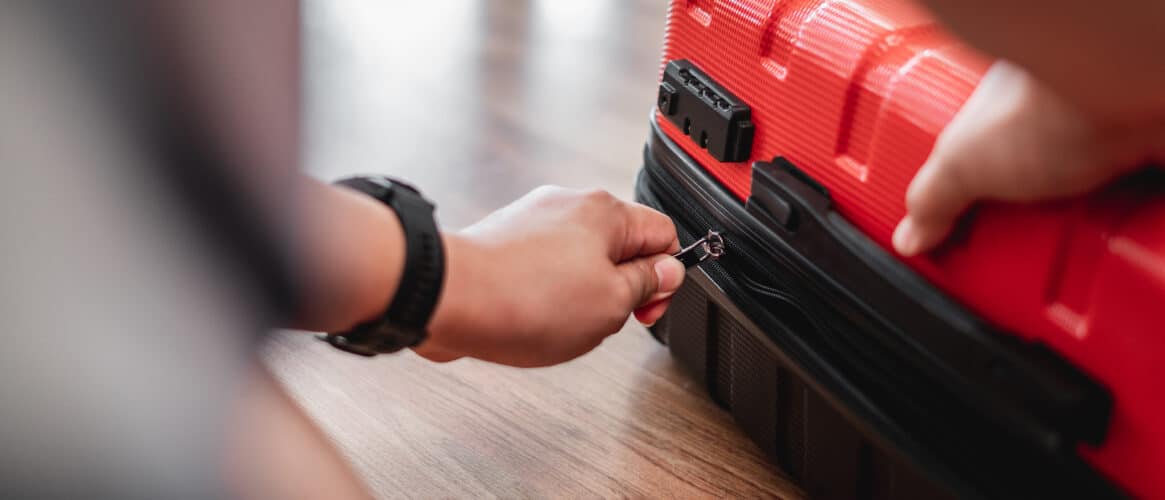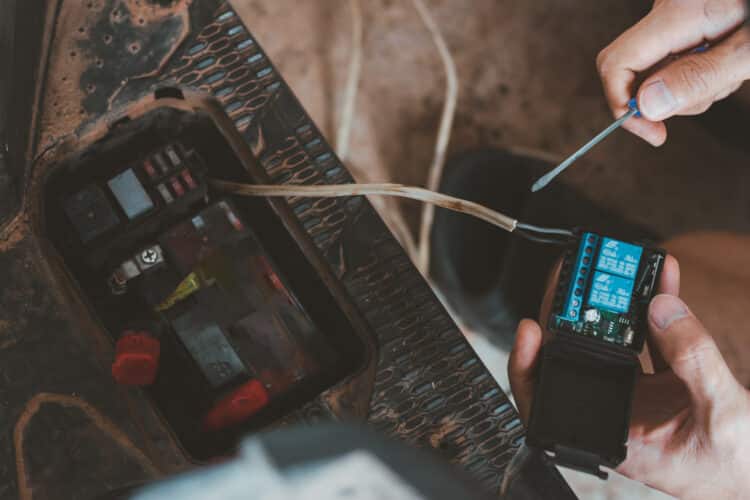Do Most Drill Bits Fit in All Drills?
Key Takeaways
- The compatibility between drill bits and drills depends on factors such as the type of drill chuck, the size of the drill bit, and the specific requirements of the drill.
- Using the right drill bit for a specific drilling task is crucial for achieving optimal results and avoiding inefficiency, damage, and safety hazards.
- Drill bit compatibility can vary between different brands of drills, so it is advisable to use drill bits made by the same manufacturer as the drill whenever possible.
When it comes to drilling, the compatibility between drill bits and drills is an important consideration. Many DIY enthusiasts and professionals may wonder if most drill bits fit in all drills. The answer to this question is not a simple yes or no. The compatibility of drill bits with different drills depends on various factors, such as the type of drill chuck, the size of the drill bit, and the specific requirements of the drill itself. Let’s explore this topic in more detail.
The Importance of Compatibility
Using the right drill bit for a specific drilling task is crucial for achieving optimal results. Using an incompatible drill bit with a drill can lead to inefficiency, damage to the drill or bit, and even safety hazards. It is essential to ensure that the drill bit size and shank type are compatible with the specific drill being used. Let’s delve into the factors that determine the compatibility of drill bits with drills.
Drill Chuck Types
Drills typically come with different types of chuck mechanisms, which determine the range of drill bit sizes that can be used. The two most common types of chuck mechanisms are keyless chucks and keyed chucks.
A keyless chuck is a versatile option that can accommodate a wide range of drill bit sizes. These chucks are often found in modern cordless drills and allow for quick and easy bit changes without the need for additional tools. They utilize a three-jaw design that securely grips the drill bit.
On the other hand, keyed chucks require the use of a key to tighten and loosen the chuck. These chucks are more commonly found in traditional corded drills and may have a specific chuck size or type that limits the range of drill bit sizes that can be used.
Drill Bit Sizes and Compatibility
The size of the drill bit’s shaft plays a crucial role in determining its compatibility with a drill. The drill’s chuck opening should match the size of the drill bit’s shaft for a proper fit. If the sizes do not match, the drill bit may not fit securely or may not fit at all.
It is important to note that different drills have different chuck sizes and limitations. Some drills may only accept drill bits with a certain maximum or minimum shaft size. It is essential to refer to the drill’s user manual or specifications to determine the compatible drill bit sizes.
Specific Drill Requirements
Some drills may have specific requirements for certain types of drill bits. For example, drills designed for masonry work may require masonry drill bits with a carbide tip to effectively drill into concrete or brick. Similarly, specialized drill bits may be needed for tasks such as woodworking or metalworking.
It is important to consider the type of material being drilled and the specific requirements of the drilling task when selecting drill bits. Using the wrong type of drill bit can result in poor performance, damage to the bit or drill, and compromised safety.
Brand and Compatibility
Drill bit compatibility can also vary between different brands of drills. Each brand may have its own specific chuck design and size, which can pose challenges when trying to interchange drill bits between different brands.
While some drill bits may offer universal compatibility, it is advisable to use drill bits made by the same manufacturer as the drill whenever possible. This ensures a seamless function and reduces the risk of compatibility issues.
Conclusion
In conclusion, not all drill bits fit in all drills. The compatibility between drill bits and drills depends on factors such as the type of drill chuck, the size of the drill bit, and the specific requirements of the drill. It is crucial to ensure that the drill bit size and shank type are compatible with the drill being used to avoid inefficiency, damage, and safety hazards.
Related Websites:
FAQs:
Q: Do most drill bits fit in all drills?
While most drill bits are compatible with most drills, there are some factors to consider for ensuring compatibility. Factors such as drill chuck size and type, as well as the size and type of drill bits, can affect compatibility. It is recommended to check the drill’s manual or manufacturer’s specifications for recommended drill bit sizes and to consider purchasing drill sets that offer a variety of sizes and types for versatility.
Q: What are the different types of drill bits available?
There are various types of drill bits available for different drilling tasks. Some common types include twist bits, spade bits, masonry bits, and auger bits. Each type is designed for specific materials and drilling purposes. It is important to choose the right drill bit type based on the task at hand.
Q: What is a drill chuck and why is it important?
A drill chuck is a device that secures the drill bit in place. It plays a crucial role in providing stability and enabling efficient drilling. There are different types of drill chucks commonly found in cordless drills, such as keyless chucks, keyed chucks, and hex chucks. The type of chuck a drill has may impact the compatibility with certain drill bits.
Q: How do I ensure compatibility between my drill and drill bits?
To ensure compatibility, it is recommended to check the drill’s manual or manufacturer’s specifications for recommended drill bit sizes. Additionally, considering the drill chuck capacity in relation to the size of the drill bit is important. Purchasing drill sets that offer a variety of sizes and types can also increase compatibility and versatility.
Q: Are there specialized drill bits that require specific types of drills?
Yes, there are specialized drill bits that may require specific types of drills or adapters. Examples include forstner bits and hole saws. These specialized drill bits have unique compatibility considerations and may require specific drill types or adapters to be used effectively.
